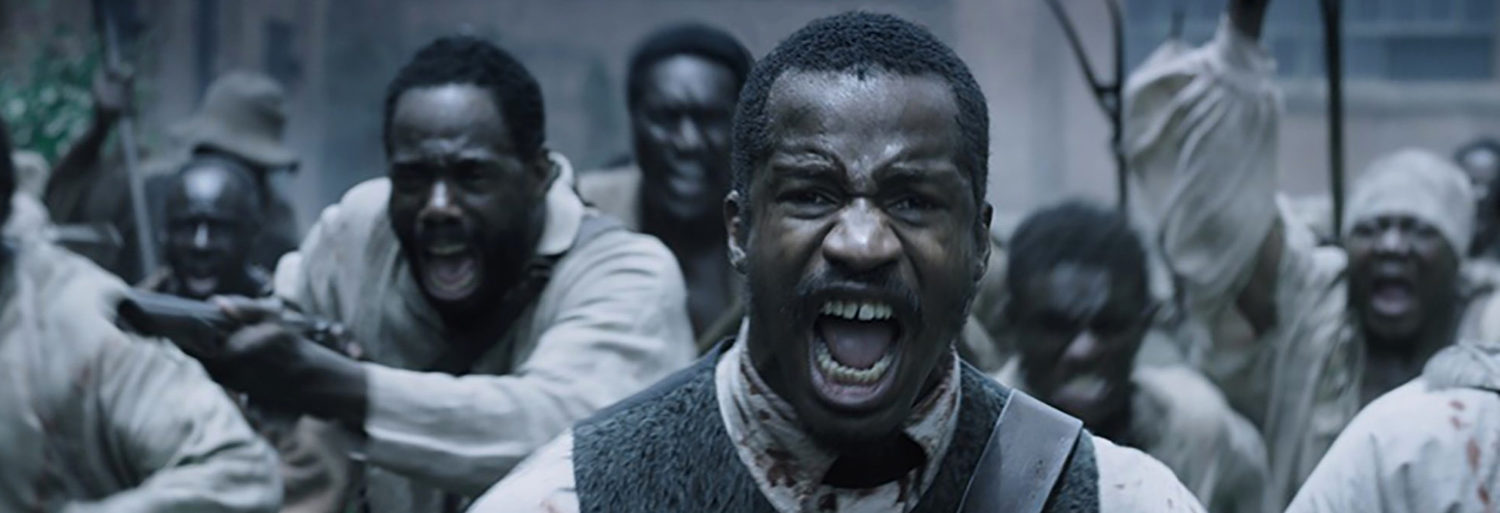
'The Birth of a Nation' trivia and fun facts
-

-

-

-

-

-

New version
This film deliberately shares his title with the film 'The Birth of a Nation' by D.W. Griffith, who at the same time was the adaptation of Thomas Dixon's novels. President Woodrow Wilson, who projected the film in the White House, said that it was "like writing a story with lightning, and my only regret is that it all really happened." The film was also the object of protests for his virulent and racist view of African Americans. Mostly white cinema scholars continued to praise the film, but they minimized or ignored the racist message on the background.
Satellite Awards
The film was nominated to Best Film Editing in Satellite Awards.
Sundance Film Festival
Winner of two Sundance Festival prizes, the Grand Jury Prize and Audience Award.
Footage
Nate Parker cut about 20 seconds out of the movie after the premiere at Sundance: "I probably cut 20 seconds. I'm a perfectionist to a fault. I could hardly watch the movie at Sundance. Even until the credits rolled, I knew the imperfections that were thorns in my side", te told to Variety.
The rebellion
The rebellion occurred in Southampton Co. VA. August 21- 23, 1831.
Nat Turner's visions
The film looks at the slave revolt Nat Turner led in Virginia in 1831, but a storytelling device - the brutal sexual assault by white men on Turner's wife - feeds a rage that sets the rebellion in motion. History shows that Turner never acknowledged having a wife. There are records that indicate Turner's owner, Samuel Turner, married him to a slave named Cherry, but that he likely didn't consider the marriage valid and Nat never mentioned the marriage in his writings. Turner's rebellion was, according to his own writings, based on spiritual visions. "In a seventh vision, Nat Turner saw a holy war and believed he was commanded to take up arms against his oppressors," according to historians.
Investment
Nate Parker invested $100,000 of his own money into the film.
Filmed for...
The film was shot in 27 days.